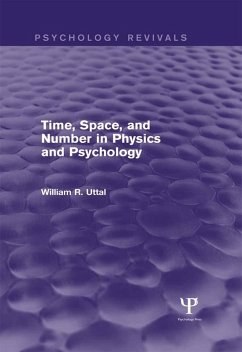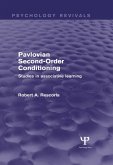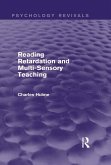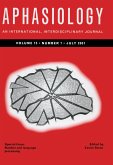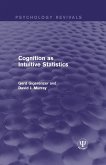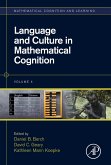One argument that is repeatedly raised by cognitivists is that even though mental processes are not directly accessible, this should not be a barrier to unravelling the nature of the inner mental processes and mechanisms. Inference works for other sciences, such as physics, so why not psychology? If physics can work so successfully with their kind of inaccessibility to make enormous theoretical progress, then why not psychology?
As with most previous psychological debates, there is no "killer argument" that can provide an unambiguous resolution. In its absence, author William Uttal explores the differing properties of physical and psychological time, space, and mathematics before coming to the conclusion that there are major discrepancies between the properties of the respective subject matters that make the analogy of comparable inaccessibilities a false one.
This title was first published in 2008.
Dieser Download kann aus rechtlichen Gründen nur mit Rechnungsadresse in A, B, BG, CY, CZ, D, DK, EW, E, FIN, F, GR, HR, H, IRL, I, LT, L, LR, M, NL, PL, P, R, S, SLO, SK ausgeliefert werden.

